Nuclear Strain: Looking Back at Brazil-US Nuclear Diplomatic Relations
This year is the 200th anniversary of US-Brazilian diplomatic relations. Perhaps no issue has put that relationship to the test more than Brazil’s nuclear energy development. For decades, Brazil and the United States have sometimes collaborated and occasionally disagreed over Brazil’s approach to nuclear energy. From Brazil’s efforts to acquire a commercial reactor in the 1950s and 1960s and its agreement with Germany to develop nuclear technology in 1975 to Brazil’s policy toward Iran’s nuclear weapons program in the 2000s, the nuclear issue has been a source of partnership and tension. Since a 2010 agreement, however, nuclear cooperation has helped strengthen ties between the two largest countries in the Americas.
Join us on October 30 at 11am ET for an online conversation about Brazil’s nuclear industry, scientific, economic, and nonproliferation considerations, and the implications for relations between the United States and Brazil. The dialogue will feature insights from scholars and practitioners in the nuclear energy sector and experts on nuclear diplomacy.
Speakers
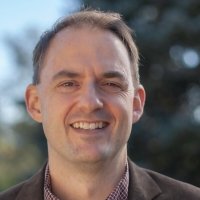
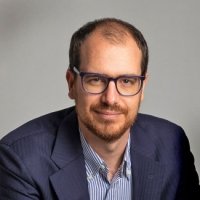
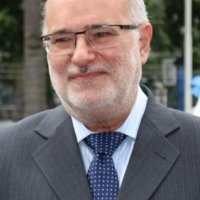
Keynote Speaker
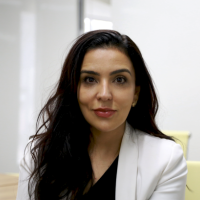
Moderator
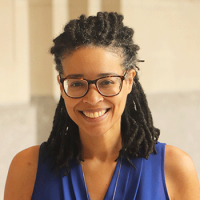
Associate Professor of Environmental History/Sustainability, Ohio State University
Hosted By

Brazil Institute
The Brazil Institute—the only country-specific policy institution focused on Brazil in Washington—aims to deepen understanding of Brazil’s complex landscape and strengthen relations between Brazilian and US institutions across all sectors. Read more


